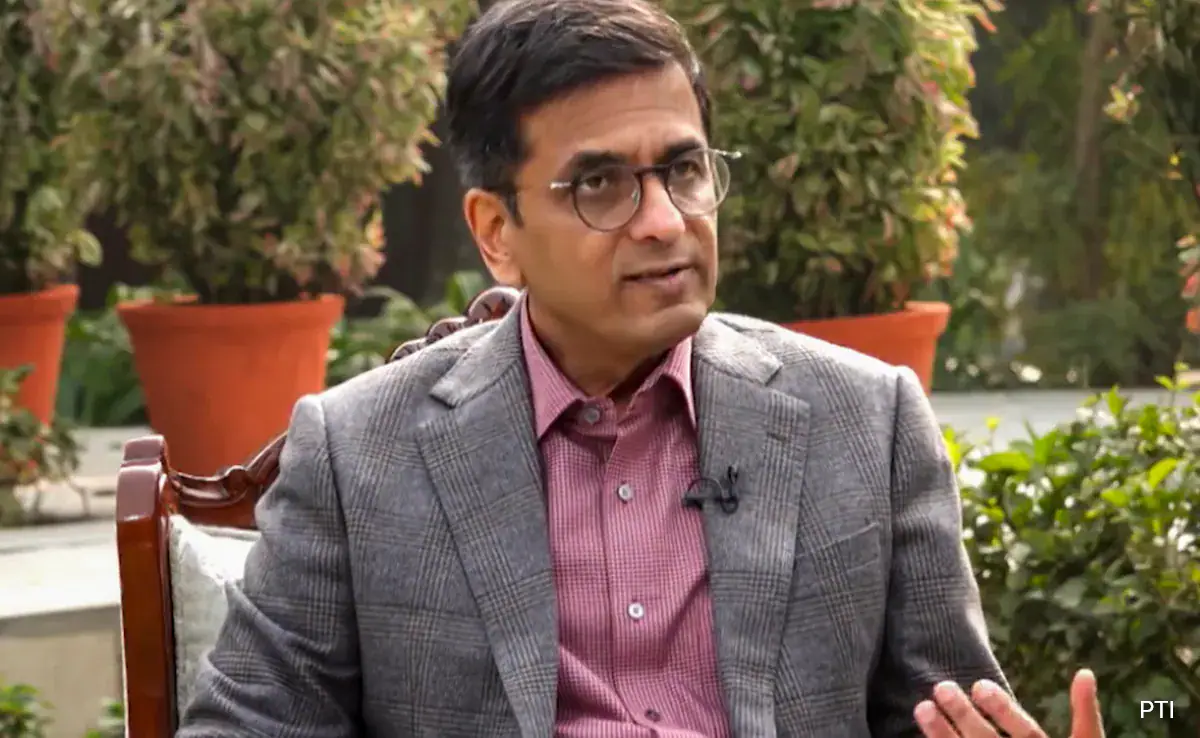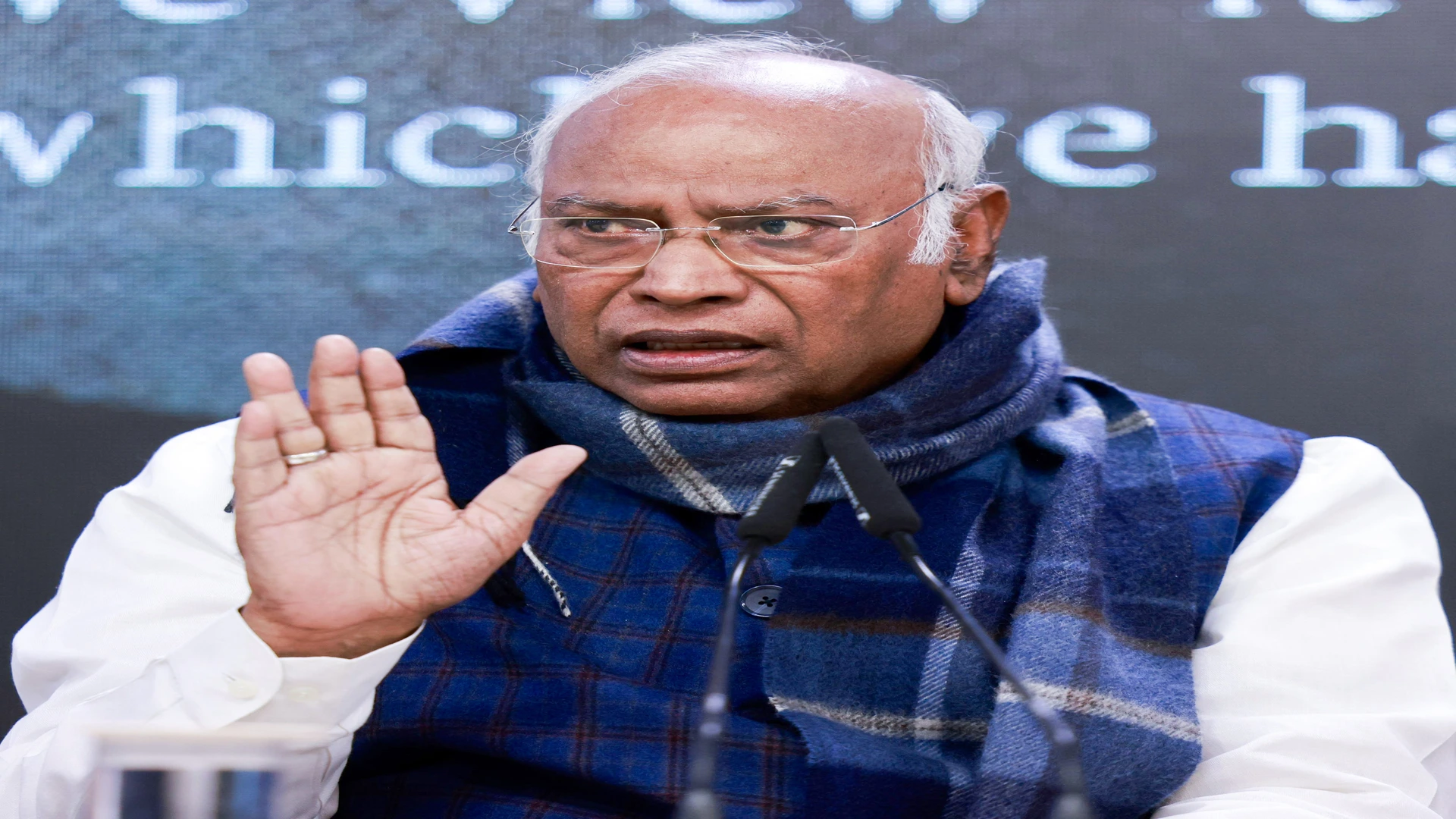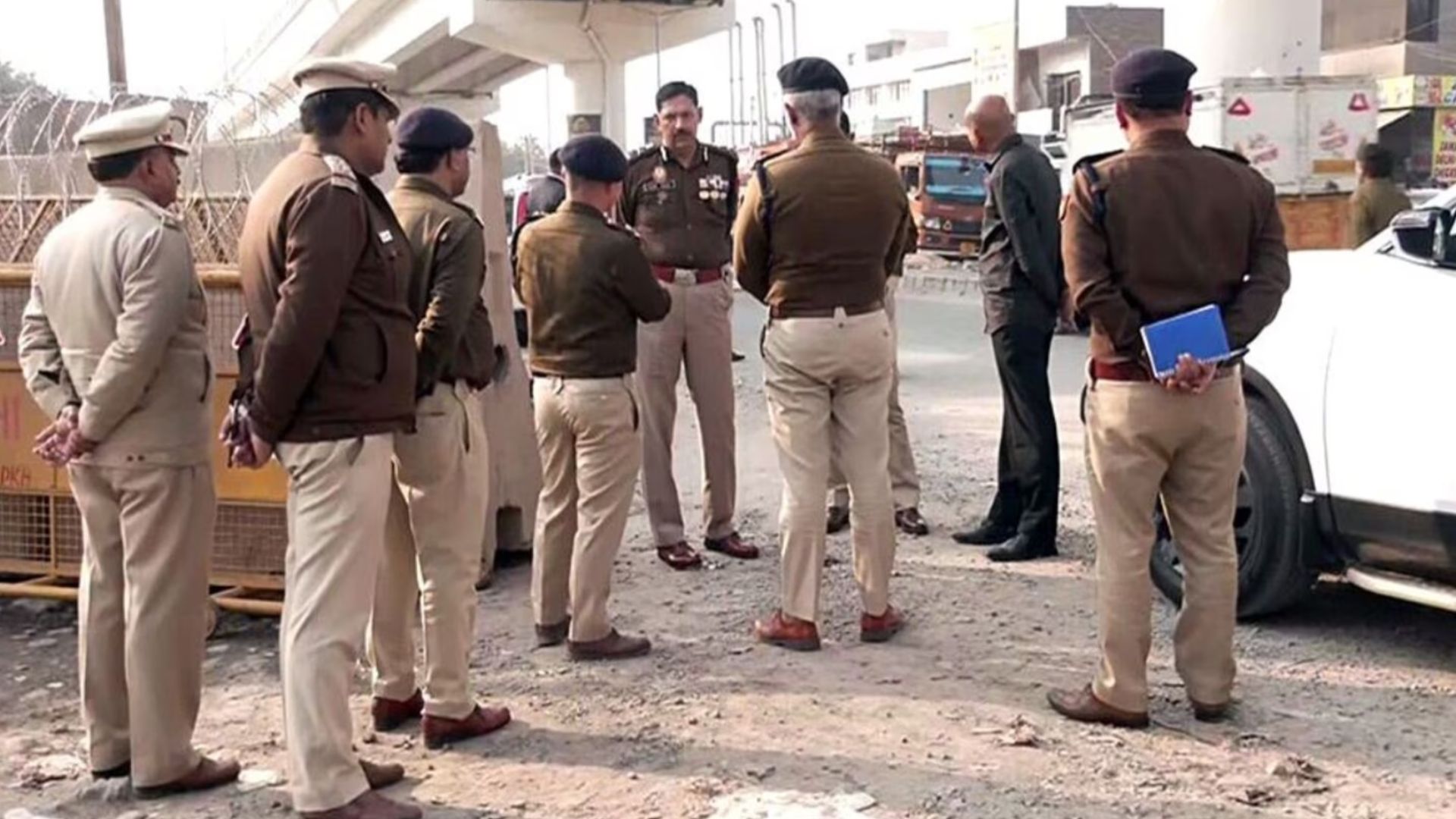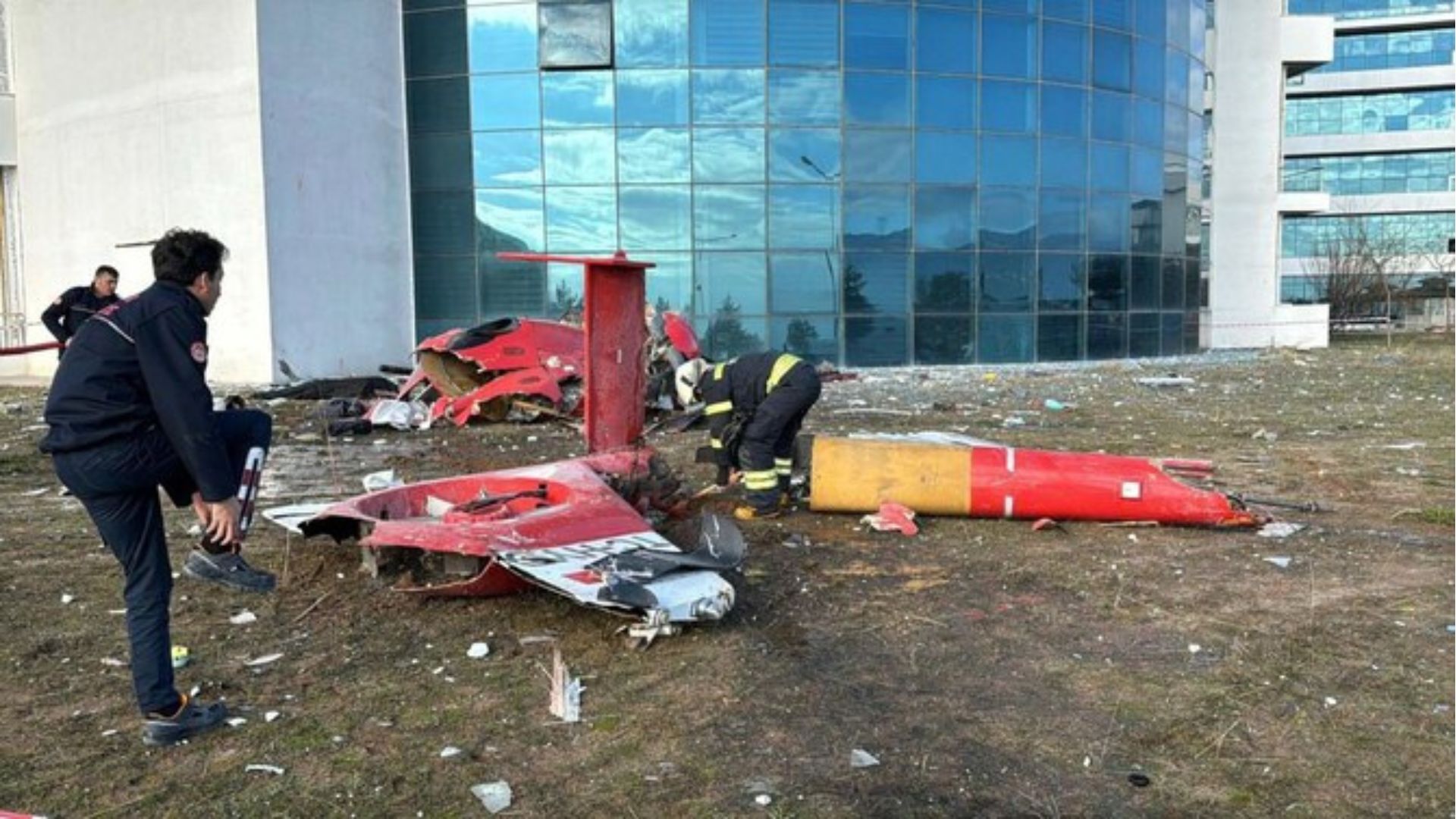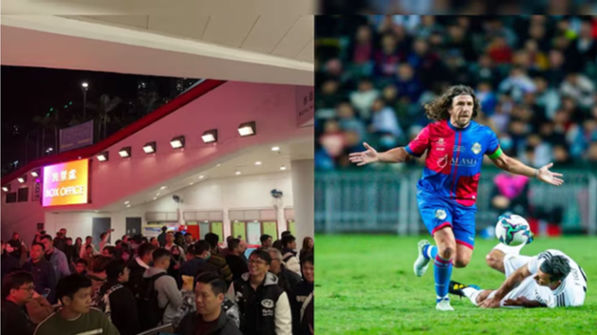It has been more than four years since the Supreme Court handed down a significant decision on the Ayodhya dispute, leaving a lasting impact on the nation’s history. Chief Justice DY Chandrachud recently reflected on the collaborative nature of the ruling made by the five-judge bench, highlighting that no single judge was attributed as the sole author of the judgment.
The crucial verdict, issued on November 9, 2019, resolved a contentious issue that had persisted for over a century. The bench, led by the then Chief Justice Ranjan Gogoi, not only enabled the construction of a Ram temple at the disputed site but also directed the allocation of a separate five-acre parcel of land for the construction of a mosque within Ayodhya.
CJI Chandrachud, in conversation with a news agency, shared insights into the decision-making process behind the scenes.
He clarified that the judges had unanimously agreed to present the verdict as a collective decision of the court, rather than attributing it to any individual.
“When the five-judge bench deliberated on the judgment, we collectively decided that it would be the court’s judgment. Hence, no single judge was identified as its author,” stated the CJI.
“The case had a complex history with divergent perspectives based on the nation’s historical narrative, and all members of the bench concurred that it would be a collective decision of the court. It aimed to convey a unified stance not only in the final outcome but also in the reasoning outlined in the judgment,” he added before concluding, “I will end my response there.”

